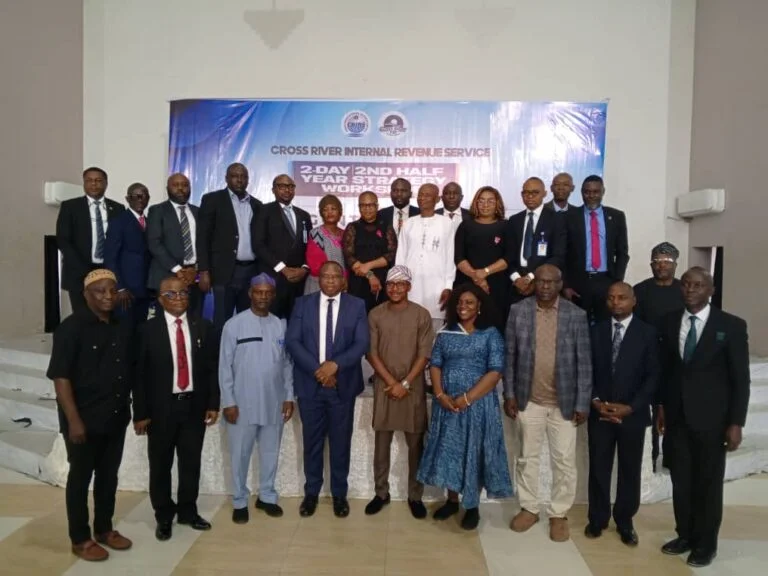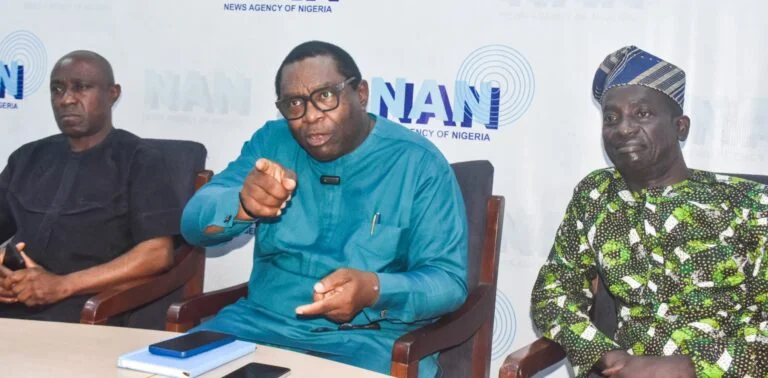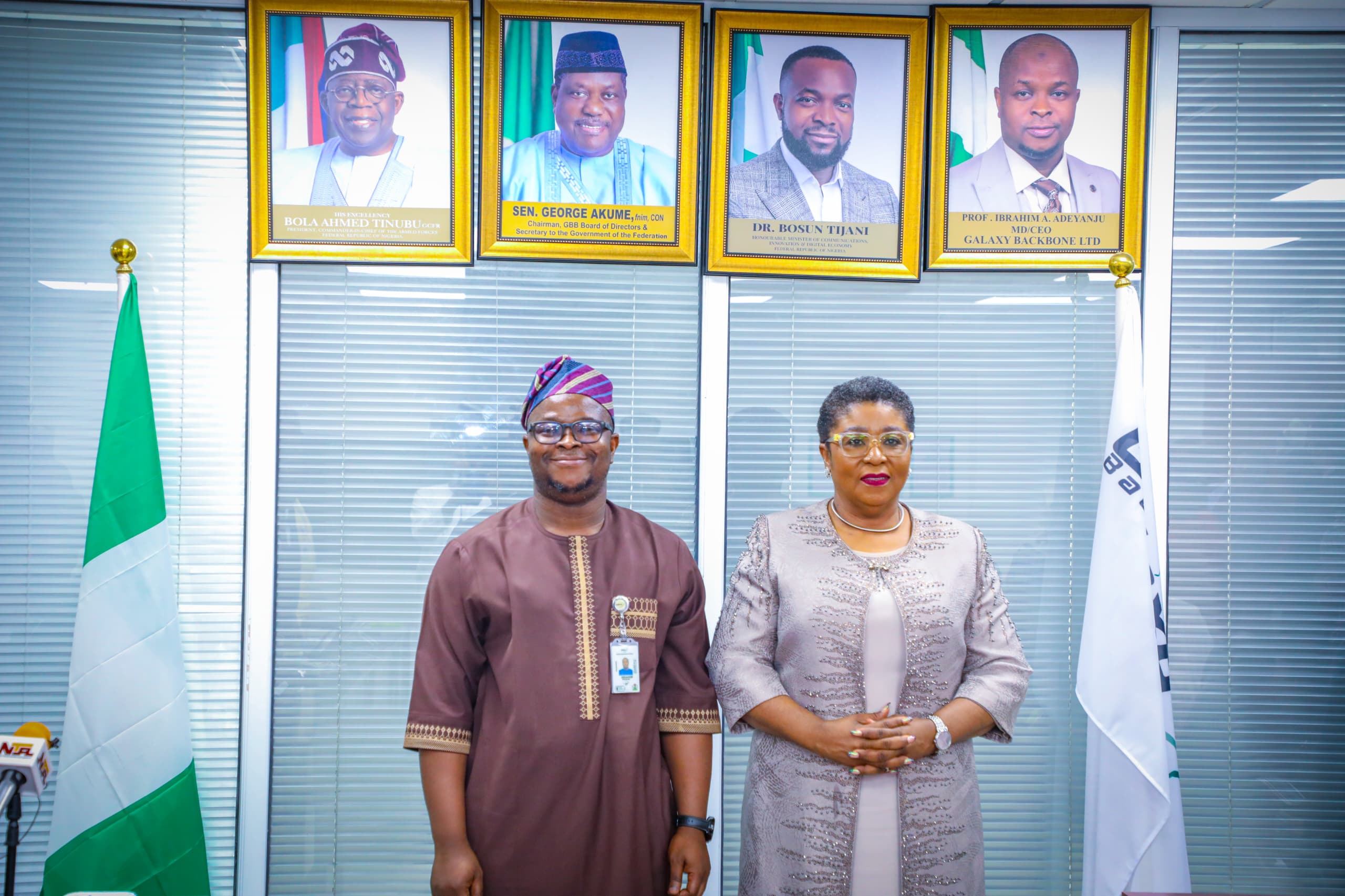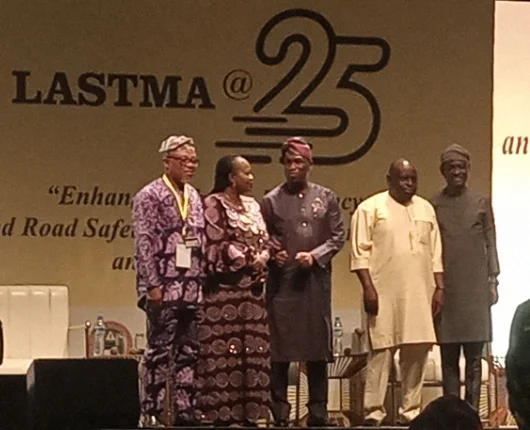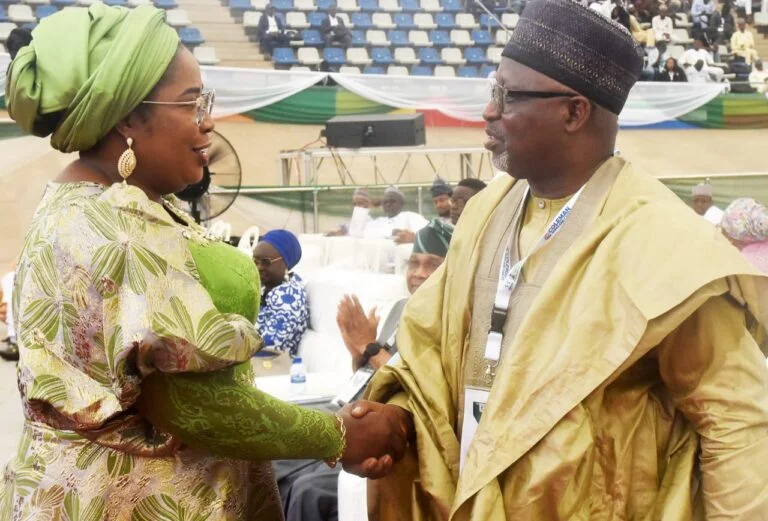By Angela Atabo
Council for the Regulation of Engineering in Nigeria (COREN) has sought the collaboration of states and the Federal Capital Territory (FCT) in addressing the challenge of non-compliance with standards, leading to engineering failures.
The COREN President, Prof. Sadiq Abubakar, made the call at the 33rd COREN Engineering Assembly on Tuesday in Abuja.
The theme for the 2025 Assembly was “Advancing Quality Engineering Services and Businesses in Nigeria-Professional Compliance and Remuneration.”
According to Abubakar, the theme came to bear, focusing on key issues of professionalism, compliance and remuneration while delivering quality engineering services and businesses.
He said that COREN as a regulatory body had the mandate to regulate and control the engineering education, training and practice of engineering in all its aspects and ramifications.
He explained that COREN’s call to action, emphasised the importance of collaboration in ensuring that engineering projects are executed in accordance with established codes and standards.
He said that Technical Committees (STCs) and Expatriate Monitoring Committees (EMCs), were inaugurated in 22 states, with the corresponding inspectorates to ensure monitoring and regulation of engineering practices.
“COREN is assiduously working to cover the 36 states and the FCT before the end of 2026.
“So, I call on captains of industry, state governments and the Minister of FCT, Nyesom Wike, to join hands with COREN technical committees in the states, expatriate monitoring committees and other sectorial regulators.
“This is to curb the dangerous trends of non-compliance with codes and standards leading to engineering failures occurring in the various sectors.
“The trends have caused loss of lives, properties, investments and loss of confidence in the engineering profession,” he said.
Abubakar said that achieving the target would advance quality engineering services and businesses in Nigeria.
The COREN Registrar, Prof. Okorie Uche, said the assembly is a platform that brought together a cross-section of Nigeria’s engineering community both locally and internationally for reflection, connection, and forward thinking.
According to Uche, the theme for the year’s assembly is urgent as it speaks directly to the core to quality engineering services that meet both local and global standards.
“It is also about professionalism that reflects ethical conduct, technical excellence, accountability, compliance with regulations with potent public safety, enhance confidence, and ensure order in practice,” he said.
Uche said COREN recognised that ensuring quality and professionalism in engineering practice should not be separated from the business.
He, therefore, said it is the collective duty of engineers to confront these challenges of non-compliance, quackery and forced service delivery.
The Chairman of the occasion, Prof. Barth Nnaji, Chief Executive of Geometric Power Group, urged engineers to forge partnership with the government.
He said such partnership would ensure that Nigeria not only keeps pace with global advances, but leads in innovation, sustainability, and inclusive development.
“We live in an era marked by rapid technological evolution: robotics, renewable energy, smart infrastructure, block chain, and the Internet.
“The world is changing rapidly and so must we.
“This calls for Nigerian engineering community to embrace continuous learning, to be agile, and to lead the adoption of emerging technologies in ways that suit our local context.
“We must build Nigerian solutions to Nigerian problems with Nigerian hands and minds.”
Nnaji, therefore, called on engineers to move beyond routine practices and become strategic thinkers to interpret global trends and local demands. (NAN)(www.nannews.ng)
Edited by Maureen Ojinaka/Rotimi Ijikanmi



